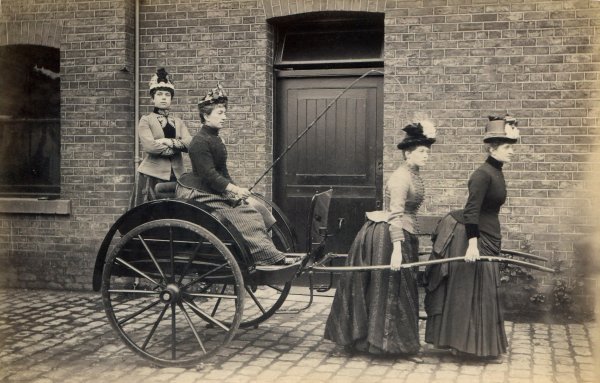I still find it hard to believe that Cracked, of all the media entities from the pre-internet era, is worth visiting (and linking to). However, this is good stuff:
The [Arkham Asylum] developers included a little bit of extra code to detect when the game has been pirated, a common tactic used to track a company’s losses or simply mess with cheap people. The game is mostly unchanged when hacked, with one seemingly minor exception: Batman’s glider cape is hilariously unusable and has the aerodynamics of a piece of cardboard riddled with bullet holes.
It’s not that the cape is faulty, apparently; it’s simply that your version of Batman doesn’t know how to use it. Instead of gliding from one surface to another, Batman simply opens his wings over and over like a total ass-clown, causing him to lose altitude and fall down. It’s like you’re being forced to play with the pudgy Batman copycat from the beginning of The Dark Knight.
All the other gadgets still work, so you can always fight your way across the level on foot, right? Well, yeah, except that without the glider cape you’ll be completely stranded in a certain room — you know, the one filled with poisonous gas. That’s right, in the pirated version of Arkham Asylum, the always-prepared Dark Knight is such an useless idiot that he gets himself killed due to his shitty cape.
This trick gets misconstrued a lot as a simple game glitch, so you have people like this guy asking what’s wrong with his game at the official Eidos message board … only for the forum administrator to explain the situation and tell him: “It’s not a bug in the game’s code, it’s a bug in your moral code [punk].“





